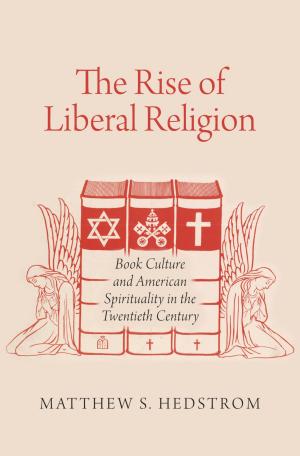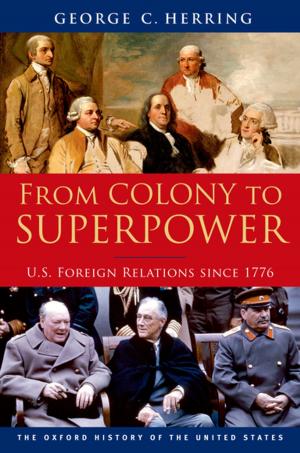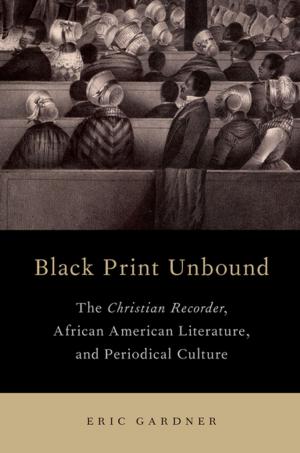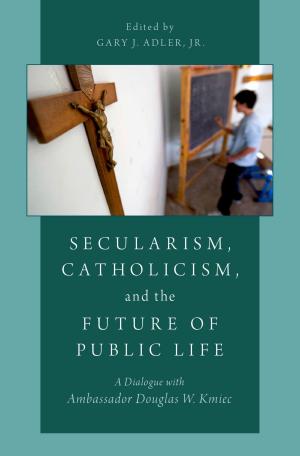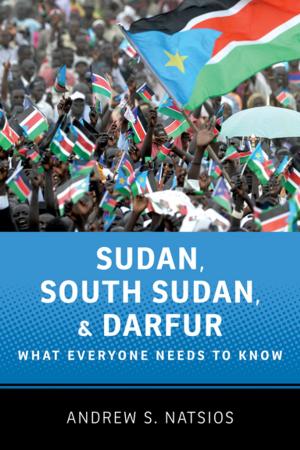The Oxford Handbook of American Immigration and Ethnicity
Nonfiction, History, Reference, Historiography, Social & Cultural Studies, Social Science, Cultural Studies, Emigration & Immigration, Americas, United States| Author: | ISBN: | 9780190626181 | |
| Publisher: | Oxford University Press | Publication: | June 1, 2016 |
| Imprint: | Oxford University Press | Language: | English |
| Author: | |
| ISBN: | 9780190626181 |
| Publisher: | Oxford University Press |
| Publication: | June 1, 2016 |
| Imprint: | Oxford University Press |
| Language: | English |
Scholarship on immigration to America is a coin with two sides: it asks both how America changed immigrants, and how they changed America. Were the immigrants uprooted from their ancestral homes, leaving everything behind, or were they transplanted, bringing many aspects of their culture with them? Although historians agree with the transplantation concept, the notion of the melting pot, which suggests a complete loss of the immigrant culture, persists in the public mind. The Oxford Handbook of American Immigration and Ethnicity bridges this gap and offers a comprehensive and nuanced survey of American racial and ethnic development, assessing the current status of historical research and simultaneously setting the goals for future investigation. Early immigration historians focused on the European migration model, and the ethnic appeal of politicians such as Fiorello La Guardia and James Michael Curley in cities with strong ethno-political histories like New York and Boston. But the story of American ethnicity goes far beyond Ellis Island. Only after the 1965 Immigration Act and the increasing influx of non-Caucasian immigrants, scholars turned more fully to the study of African, Asian and Latino migrants to America. This Handbook brings together thirty eminent scholars to describe the themes, methodologies, and trends that characterize the history and current debates on American immigration. The Handbook's trenchant chapters provide compelling analyses of cutting-edge issues including identity, whiteness, borders and undocumented migration, immigration legislation, intermarriage, assimilation, bilingualism, new American religions, ethnicity-related crime, and pan-ethnic trends. They also explore the myth of "model minorities" and the contemporary resurgence of anti-immigrant feelings. A unique contribution to the field of immigration studies, this volume considers the full racial and ethnic unfolding of the United States in its historical context.
Scholarship on immigration to America is a coin with two sides: it asks both how America changed immigrants, and how they changed America. Were the immigrants uprooted from their ancestral homes, leaving everything behind, or were they transplanted, bringing many aspects of their culture with them? Although historians agree with the transplantation concept, the notion of the melting pot, which suggests a complete loss of the immigrant culture, persists in the public mind. The Oxford Handbook of American Immigration and Ethnicity bridges this gap and offers a comprehensive and nuanced survey of American racial and ethnic development, assessing the current status of historical research and simultaneously setting the goals for future investigation. Early immigration historians focused on the European migration model, and the ethnic appeal of politicians such as Fiorello La Guardia and James Michael Curley in cities with strong ethno-political histories like New York and Boston. But the story of American ethnicity goes far beyond Ellis Island. Only after the 1965 Immigration Act and the increasing influx of non-Caucasian immigrants, scholars turned more fully to the study of African, Asian and Latino migrants to America. This Handbook brings together thirty eminent scholars to describe the themes, methodologies, and trends that characterize the history and current debates on American immigration. The Handbook's trenchant chapters provide compelling analyses of cutting-edge issues including identity, whiteness, borders and undocumented migration, immigration legislation, intermarriage, assimilation, bilingualism, new American religions, ethnicity-related crime, and pan-ethnic trends. They also explore the myth of "model minorities" and the contemporary resurgence of anti-immigrant feelings. A unique contribution to the field of immigration studies, this volume considers the full racial and ethnic unfolding of the United States in its historical context.

